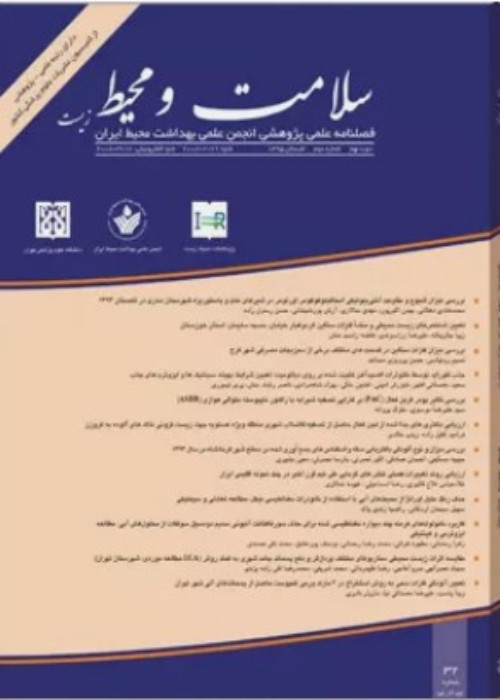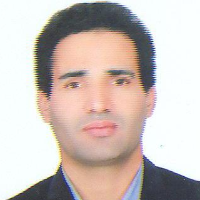The effect of intervention through both face to face training and educational pamphlets on separation and recycling of solid waste in the Kalaleh City
Author(s):
Abstract:
Background And Objective
Collection and disposal of waste has an important role in public health. Isolation and separation procedures at the origin is considered as one of the most important and least costly methods of isolation and separation of waste. This study was aimed to culture and educate those involved in recycling and waste reduction in the Kalaeh City using two educational methods.. Materials And Methods
This semi-experimental study was conducted in Kalaleh City. In the social and cultural context, Kalaleh was divided into six regions. Using cluster sampling, regions were selected randomly. In each area, 120 samples were used. The first group was face-to-face trained and the second group received training through the training package. Waste collection period was 60 days. After this time, the questionnaires were again filled up and the impact of teaching methods were investigated.Results
Face-to-face training resulted in increasing waste separation from 70.8 (before training) to 95%. Whereas, this figure in the group receiving training package increased from 57.5 (before training) to 86.7%. Waste recycling rate was between 0.6 to 1 Kg per person per week. These wastes included paper, glass, plastic, and metal containers. On average, the waste recycled in face-to-face training group and training package group was 91 and 83 Kg per week. Conclusion
Knowledge, attitude and cooperation in waste separation increased after training in both groups. However, in the face-to-face training group, the knowledge and participation in waste separation was more compared with training package group. Continuous training and organizing waste separators could be helpful to re-use waste. It causes less pollution of the environment, reduce the transmission of diseases associated with non-systematic disposal of solid waste, reduce costs and increase awareness about the problems and issues of solid waste, and reduce the solid waste volume.Keywords:
Language:
Persian
Published:
Iranian Journal of Health and Environment, Volume:8 Issue: 3, 2015
Pages:
275 to 284
magiran.com/p1497981
دانلود و مطالعه متن این مقاله با یکی از روشهای زیر امکان پذیر است:
اشتراک شخصی
با عضویت و پرداخت آنلاین حق اشتراک یکساله به مبلغ 1,390,000ريال میتوانید 70 عنوان مطلب دانلود کنید!
اشتراک سازمانی
به کتابخانه دانشگاه یا محل کار خود پیشنهاد کنید تا اشتراک سازمانی این پایگاه را برای دسترسی نامحدود همه کاربران به متن مطالب تهیه نمایند!
توجه!
- حق عضویت دریافتی صرف حمایت از نشریات عضو و نگهداری، تکمیل و توسعه مگیران میشود.
- پرداخت حق اشتراک و دانلود مقالات اجازه بازنشر آن در سایر رسانههای چاپی و دیجیتال را به کاربر نمیدهد.
In order to view content subscription is required
Personal subscription
Subscribe magiran.com for 70 € euros via PayPal and download 70 articles during a year.
Organization subscription
Please contact us to subscribe your university or library for unlimited access!



